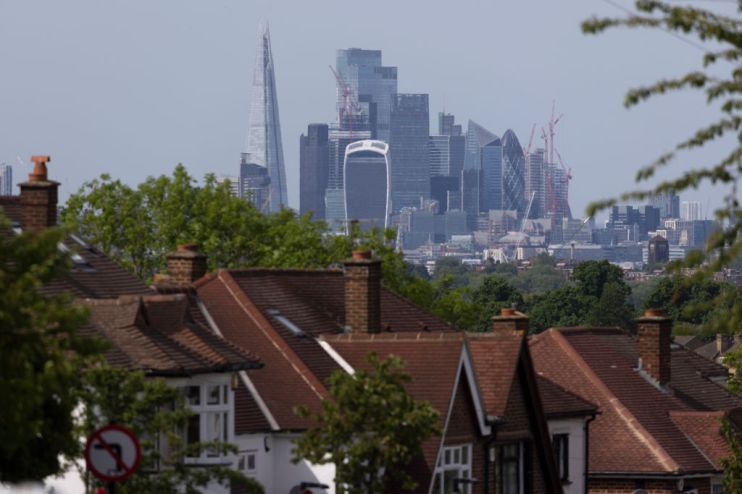UK to tip into ‘mild recession’ as cost of living crunch cools spending

Brits responding to the cost of living crisis by reining in spending may tip the UK into a “mild recession” next year, reveals fresh forecasts released today.
The Bank of England embarking on a rapid interest rate hike cycle may also send the economy into reverse, according to a new report by consultants KPMG.
Yael Selfin, chief economist at KPMG UK, said: “We expect growing external headwinds and weakening domestic momentum to see economic growth slow significantly over the next year, with a significant risk of a mild recession.”
The economy will grow 3.2 per cent this year and then crawl to a 0.7 per cent expansion in 2023, KPMG said.
Prices are up 9.1 per cent over the last year in the UK, the fastest acceleration in forty years. They are expected to surge even further, with inflation projected to top 11 per cent in October.
Wages are failing to keep pace with inflation, meaning households’ spending power is falling, likely resulting in a spending slowdown that will knock the British economy.
“Although support measures announced by the government have helped to mitigate the expected impact of higher energy bills for the lowest income households, overall household incomes are expected to fall by 0.8 per cent in real terms this year and 0.5 per cent in 2023,” KPMG said.
Bank governor Andrew Bailey and co have responded to the inflation shock by lifting interest rates from a record low of 0.1 per cent to a 13-year high of 1.25 per cent in the space of six months.
There is growing concern among experts that the Bank – and the world’s other top central banks – may tighten policy too quickly and engineer a recession.
There is equal fear over high inflation becoming a permanent fixture in the UK if monetary policymakers leave rates too low.
Higher rates tend to weigh on growth by making it more expensive to borrow and more attractive to save. KPMG thinks the Bank will raise rates two more times this year to 1.75 per cent. Markets think they will top three per cent over the same period.
“Combined with the pressures on household budgets, the monetary policy committee will have to weigh the risk of high inflation spilling into pay growth against the risk of a recession,” Selfin added.